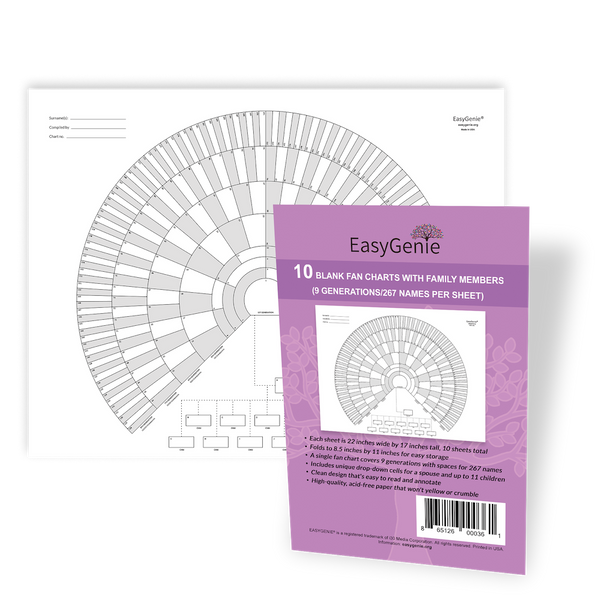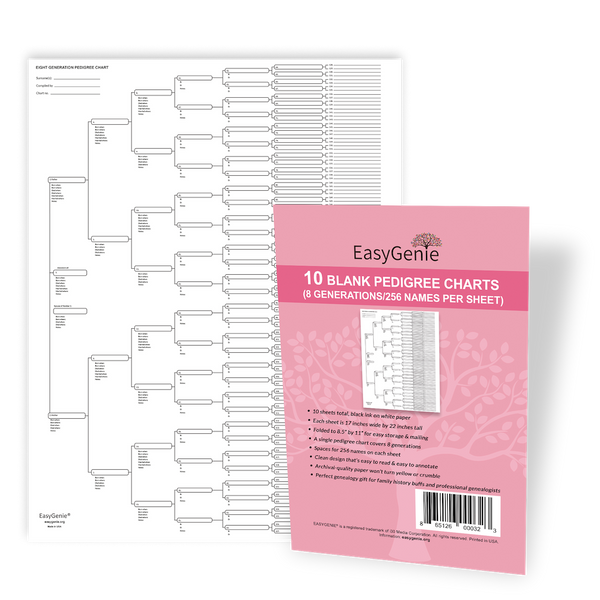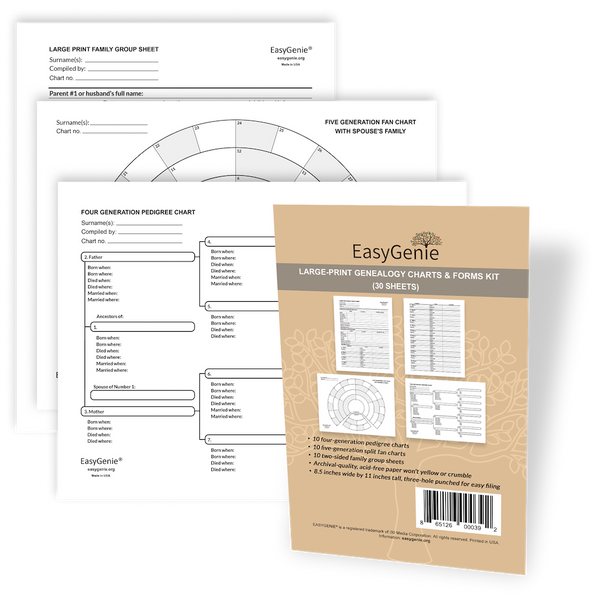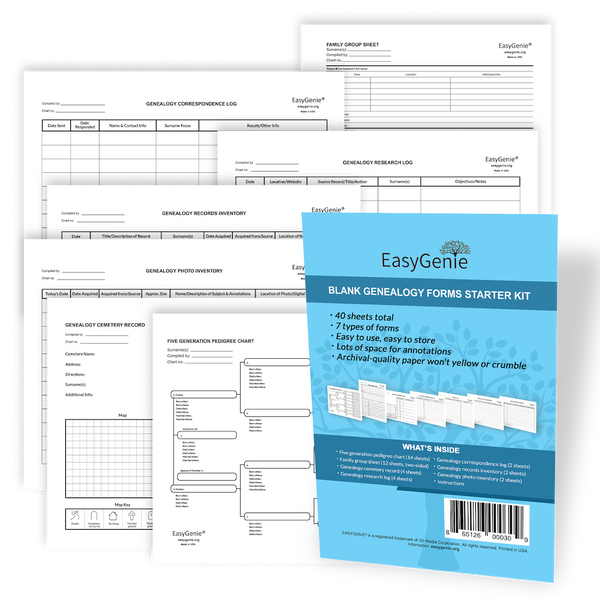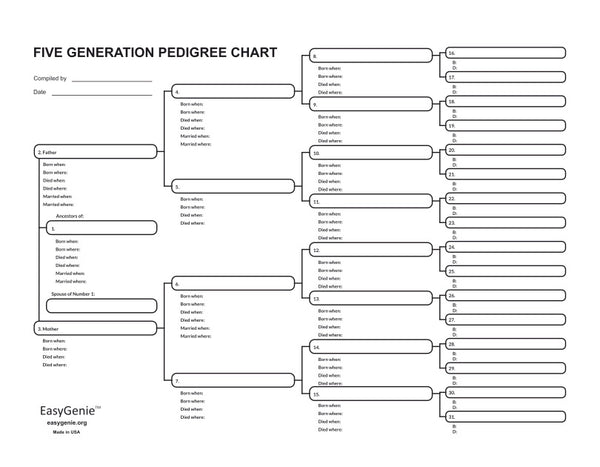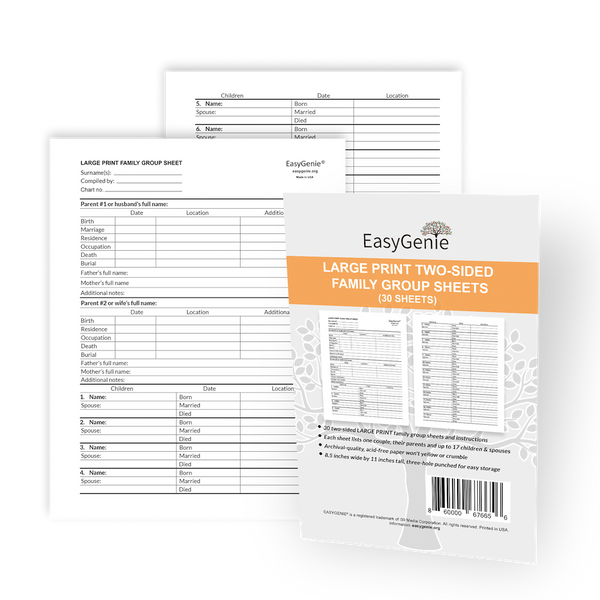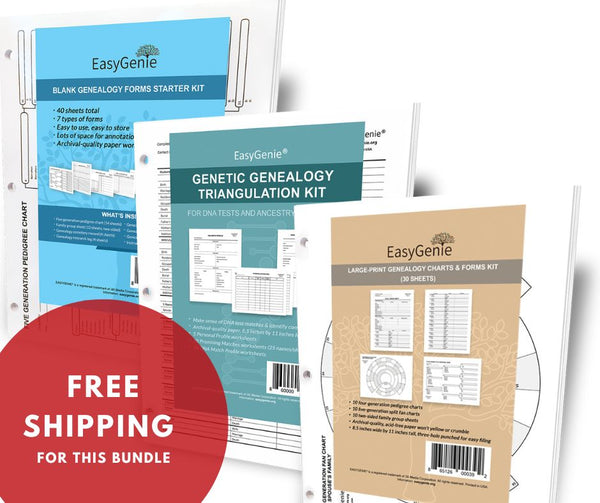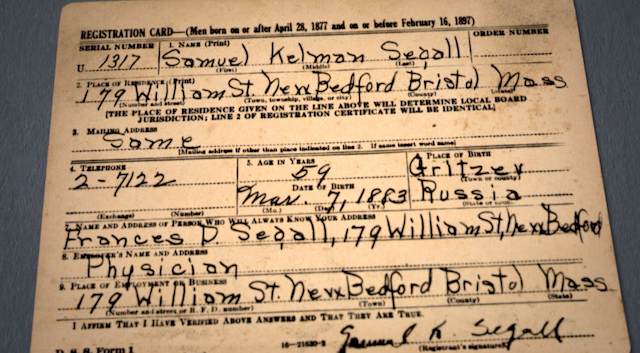
A genealogy research shortcut from Finding Your Roots: Draft registration cards
Ian LamontWe recently watched Episode 4 of the latest season of Finding Your Roots, "Things we don't discuss." Host Skip Gates interviewed actors Pamela Adlon (Better Things, Californication) and Kathryn Hahn (The Shrink Next Door, Private Life, WandaVision). It's a powerful episode, exploring how ancestors' affairs and betrayals impacted the two actors' families.
Finding Your Roots makes genealogy look all too easy, thanks to the show's team of professional genealogists who can explore historical archives, conduct interviews, translate documents, and conduct sophisticated DNA analyses for the guests. For ordinary family historians without access to professional researchers, we all know how difficult it can be to get answers to even basic questions.
Nevertheless, from time to time the show turns to research methods that even non-professionals like us can use. In the case of Pamela Adlon's father's family, she knew they were European Jews. A U.S. Federal Census from 1900 revealed her great-grandparents, Frank and Fannie Segall, came from Russia and spoke Yiddish. However, the census and other available documentation for her great-grandparents did not reveal their place of origin in the Russian Empire. They had hit a brick wall!

That is, until one of the show's researchers turned to Frank's younger brother Samuel, who also emigrated to the United States. A U.S. military draft registration card from the 1940s (see picture, above) revealed that Samuel was born in Gritzev, Russia, now part of the Ukraine. With that simple piece of documentation, the researchers were able to connect Pamela's family to the village that her ancestors had left in the late 1800s.
It's not hard to access old draft registration records, many of which are viewable or searchable for free on FamilySearch. Here's the link to the WW1 database (free registration required).
The information on the cards can add details that you won't find in census returns and vital records. For instance, through draft records I have been able to determine the home addresses, occupations, and even the eye colors of male ancestors!

